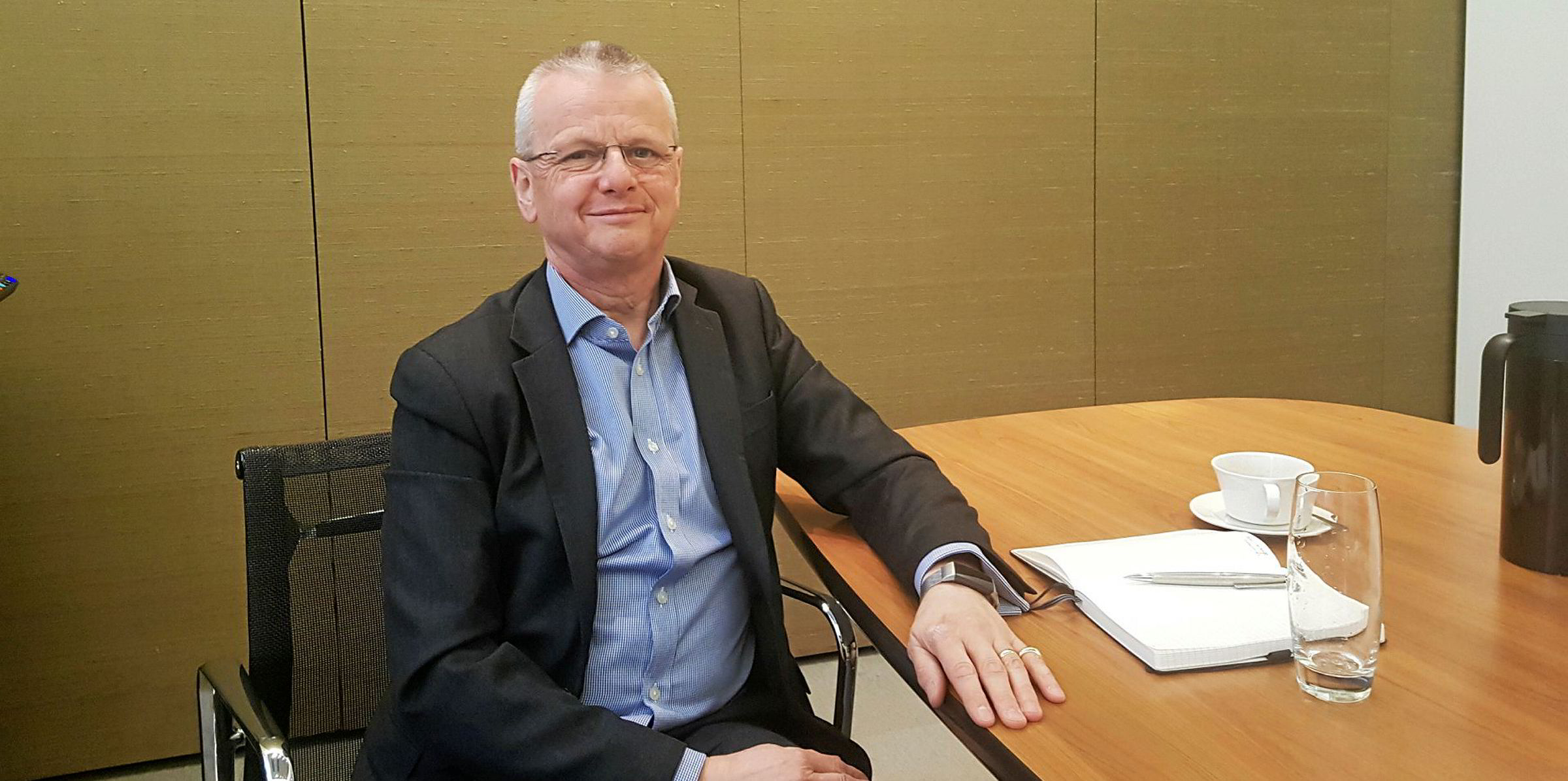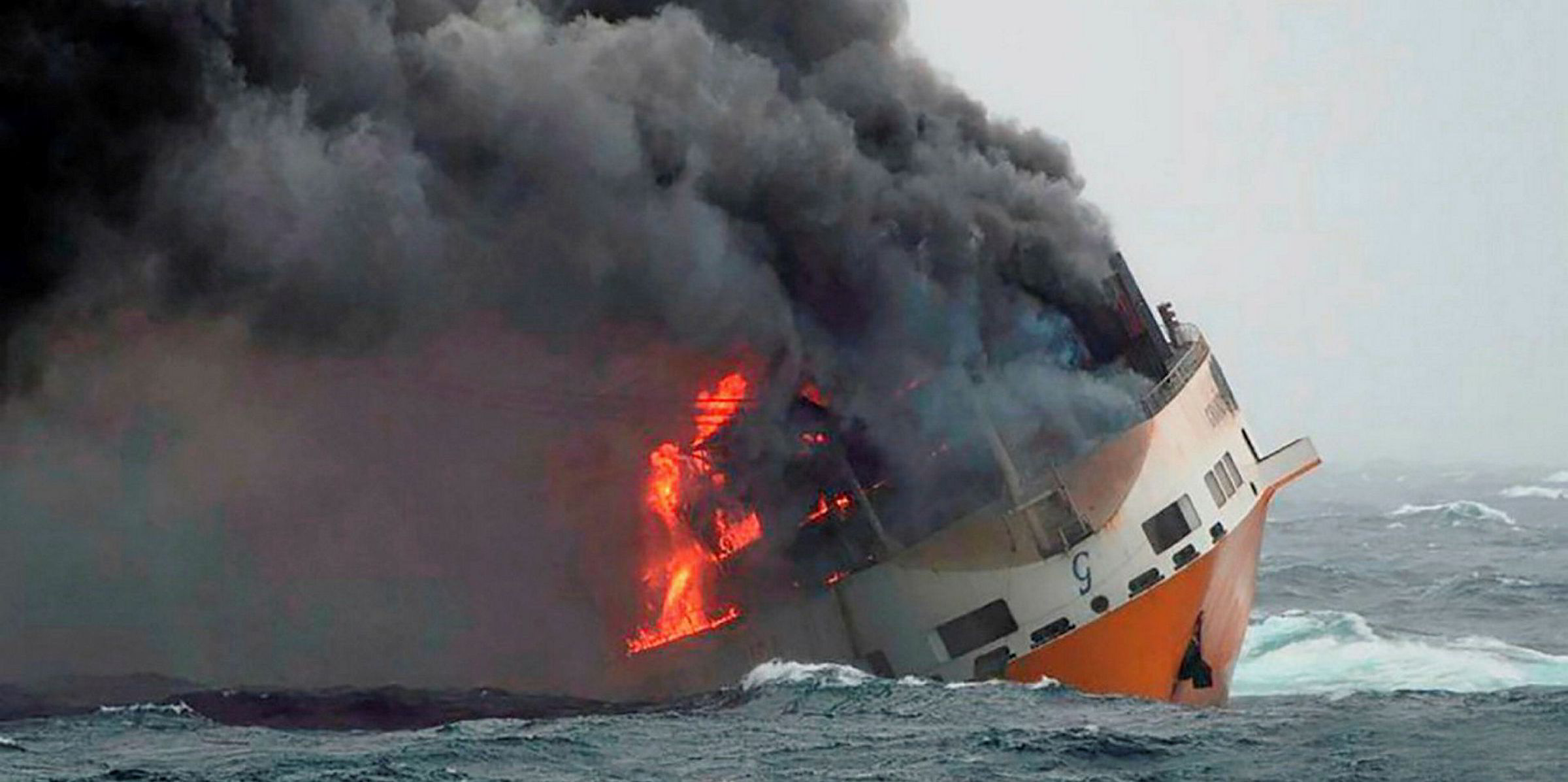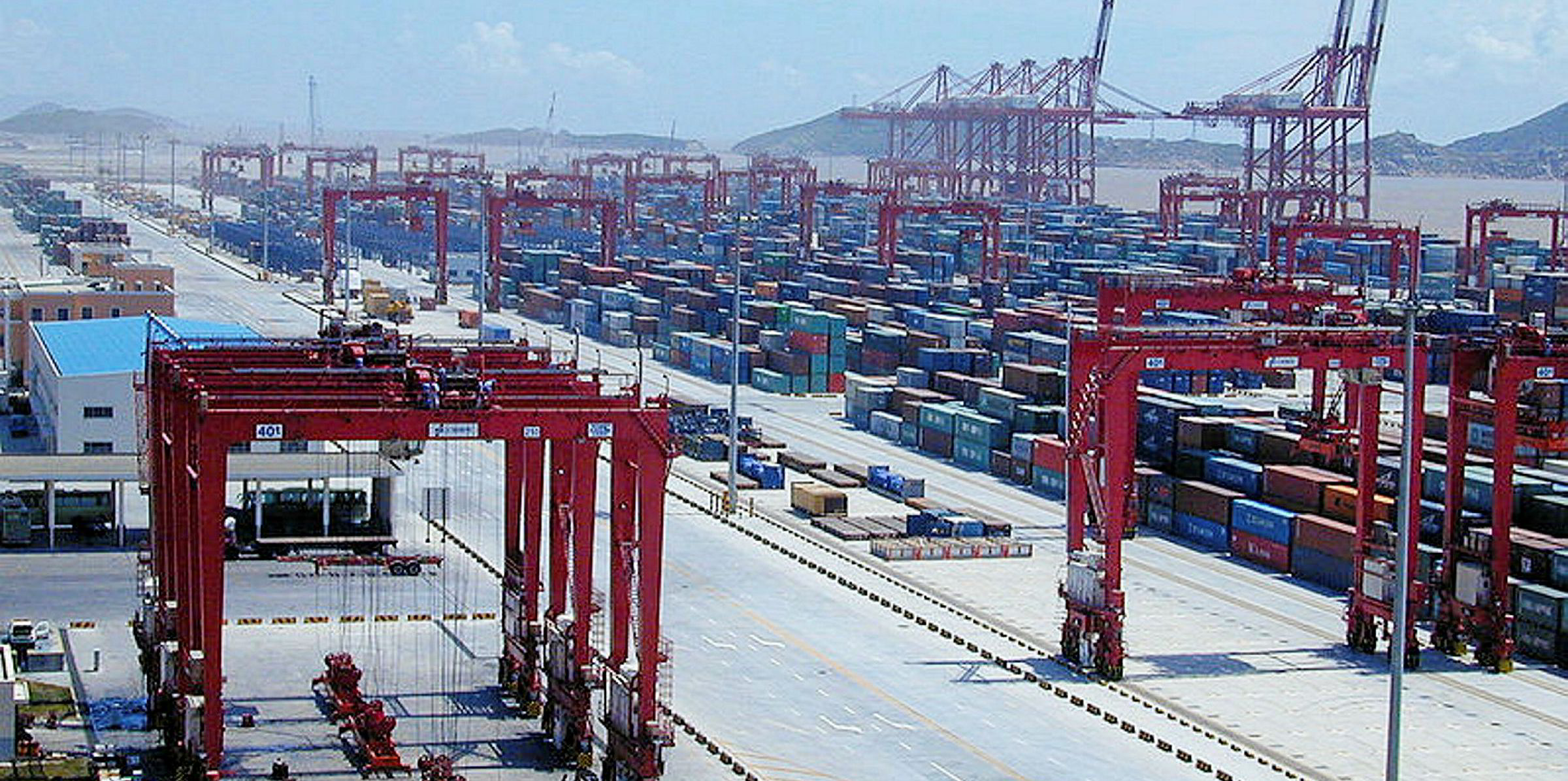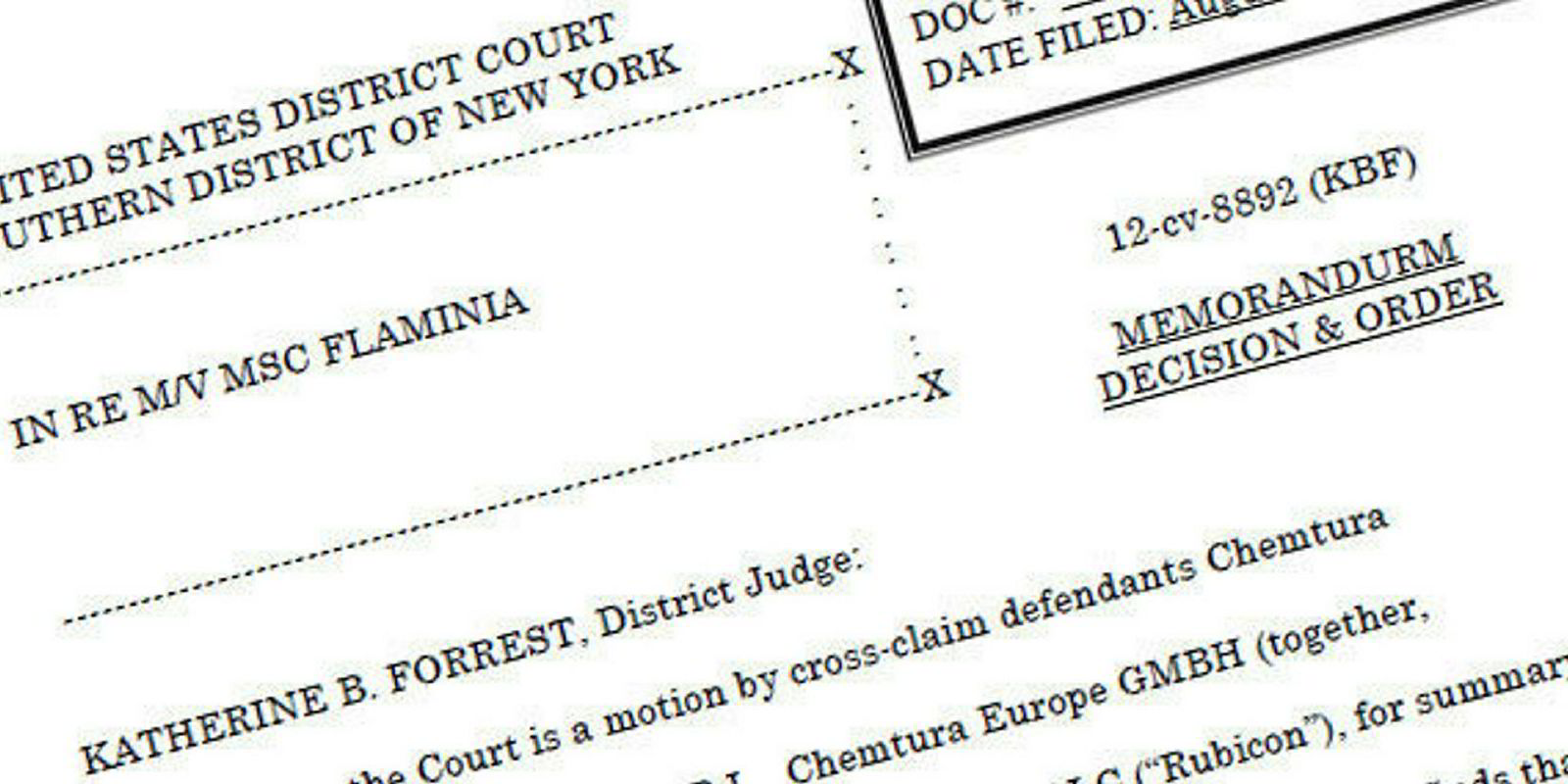Another spate of containership fires has encouraged logistics insurance mutual TT Club to step up its Cargo Integrity campaign to try to end the problem that is costing the industry up to $500m annually.
This year already looks set to be an exceptional one, with fires on the 9,300-teu APL Vancouver (built 2013), 5,754-teu ER Kobe (built 2001), 56,642-gt Grande America (built 1997) and 7,250-teu Yantian Express (built 2002) putting the industry well ahead of its incident rate of one major boxship fire every 60 days.
Peregrine Storrs-Fox, TT Club’s risk management director, heads the industry-wide initiative that seeks to bring all stakeholders in the shipping chain together to find a solution.
Talking to the industry
He is already talking to the International Union of Marine Insurance, the International Group of Protection and Indemnity Clubs, the International Cargo Handling Coordination Association, the World Shipping Council and others.
There is one thing Storrs-Fox has learned: there is no single quick fix.
He sees a range of problems that have to be overcome, starting with the misdeclaration and inappropriate storage of dangerous cargoes. Then there is the regulatory framework covering the storage of around six million containers of dangerous goods shipped every year. Even the competition regulation of shipping lines is preventing a collaborative effort on safety.
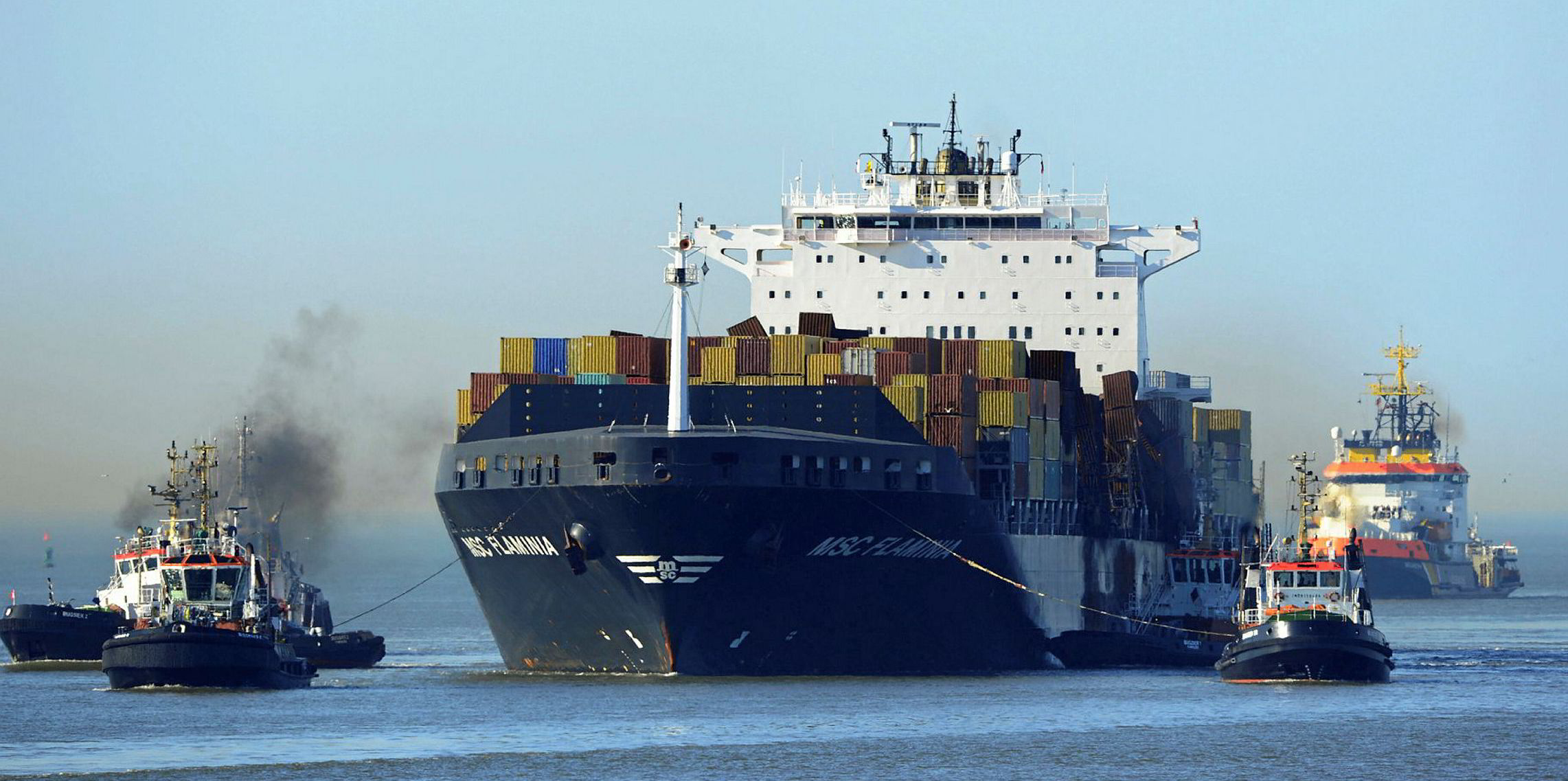
But Storrs-Fox believes a good starting point for operators is to get to know shippers and their businesses better, to understand where the potential dangers lie.
“First and foremost, it is important for operators to get closer to the shippers that are more likely to be shipping dangerous goods of some description,” he advised. “Operators need to get closer to your customer, look into the whites of their eyes and see what they are actually doing, in order to know better what they are likely to be delivering as cargo.”
Another prong of the campaign is to make the categorisation of 3,500 cargoes listed under the International Maritime Dangerous Goods (IMDG) code more effective.
Some dangerous cargoes, such as charcoal cargoes linked to the ER Kobe fire in February, have “special provisions” that allow them to be declared non-hazardous.
Storrs-Fox has encouraged operators to continue to treat cargoes that have declared the special provisions as though they are dangerous cargoes. But he wants to see the categorisation of cargoes under IMDG and the United Nations hazardous cargo numbering system revised too.
“To some extent, I would like to urge the UN community, not just the IMO, to look again to their approach to the classification of cargo,” he said.
Operators need to get closer to your customer, look into the whites of their eyes and see what they are actually doing in order to know better what they are likely to be delivering as cargo
’Peregrine Storrs-Fox
“There are so many options with provisions and exemptions of all sorts of things that are very complex. These allow the shipper to say the cargo is not quite as dangerous as it seems.
“The shipper can say: ‘This UN [dangerous cargo] number should not apply and we can call it something else’, which in the end is unhelpful to the industry as a whole.”
The operators, which are perhaps damaged the most financially by the fires, are being proactive. Storrs-Fox believes Hapag-Lloyd’s screening system called Cargo Patrol, which uses algorithms to detect likely hazardous cargoes, is the most advanced. He wants to see all operators sign up to something similar to improve overall cargo screening and encourage a unified approach.
“A couple of small lines have signed up to it [Cargo Patrol] but really we need to have an MSC [Mediterranean Shipping Co], Maersk [Line] or CMA CGM signing up to get a critical mass and a broader engagement in the process,” he said. “There will be a lot of value in having a concerted effort to go to a common approach, because then everyone is that much safer.”
But getting the liner operators to collaborate is proving difficult because they are all so wary of competition regulation.
Storrs-Fox is confident he can persuade the competition authorities to allow boxship operators to cooperate on safety, so long as commercial matters are kept out of the talks.
He admits some approaches, such as blacklisting shippers that have misdeclared cargoes, would also have to be kept outside the discussion because that could be considered market collusion. But the development of a Cargo Incident Notification System (CNIS), which can be shared between lines, has demonstrated that some level of cooperation can be achieved within the regulatory framework.
Right side of the law
“CNIS has opened the door a little bit, but the lines are very careful to make sure they keep on the right side of the law,” he said. “I would like to talk with the anti-trust regulators to have a more adult discussion about safety. Of course, talking about pricing is an absolute no, but talking about how to operate in a safe fashion is paramount to getting improvements in safety.”
But with container shipping now running at 60 million boxes each year, and growing fast, can operators realistically be expected to screen cargo to the level required?
Storrs-Fox admits it will be difficult and says the industry needs to act if it wants to keep pace with the growth. In the MSC Flaminia case, the judge accepted MSC’s defence that it is impossible for operators to keep track of the contents of all containers.
“Perhaps it’s overstating a little what was said in the judgment, but it was accepted by the judge that so many boxes are moved by the carrier, they can’t keep tabs on everything,” Storrs-Fox said.
